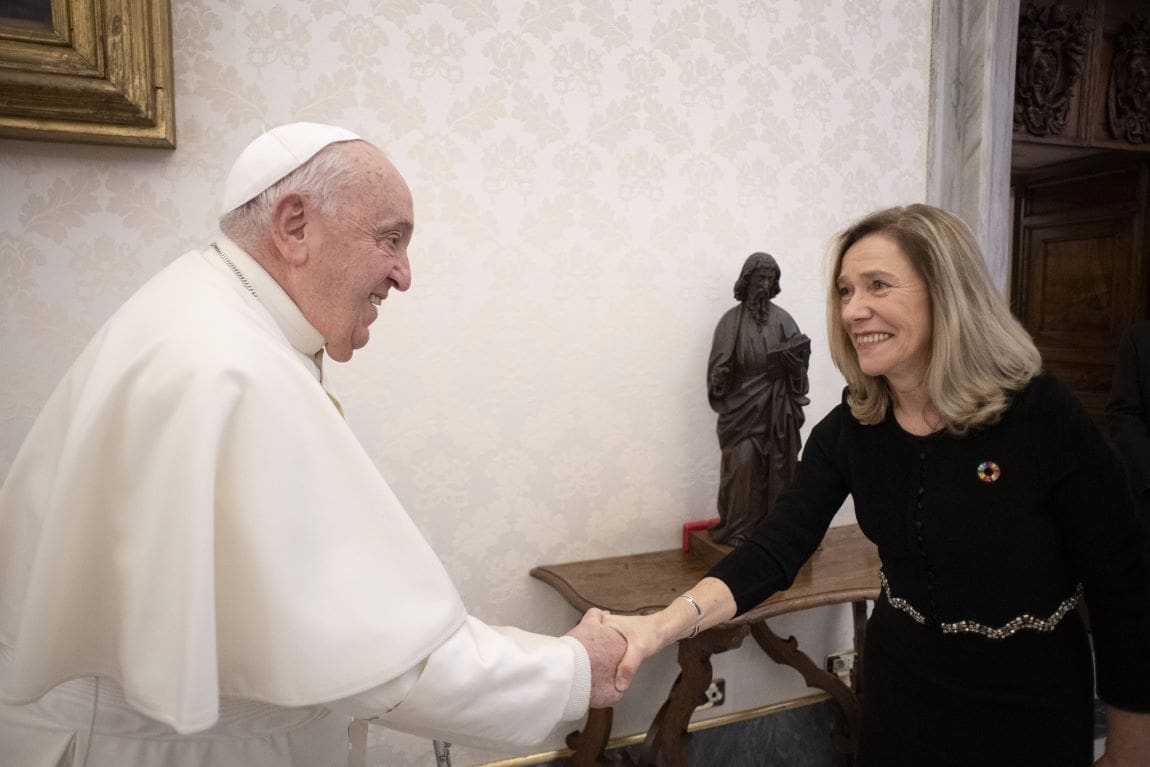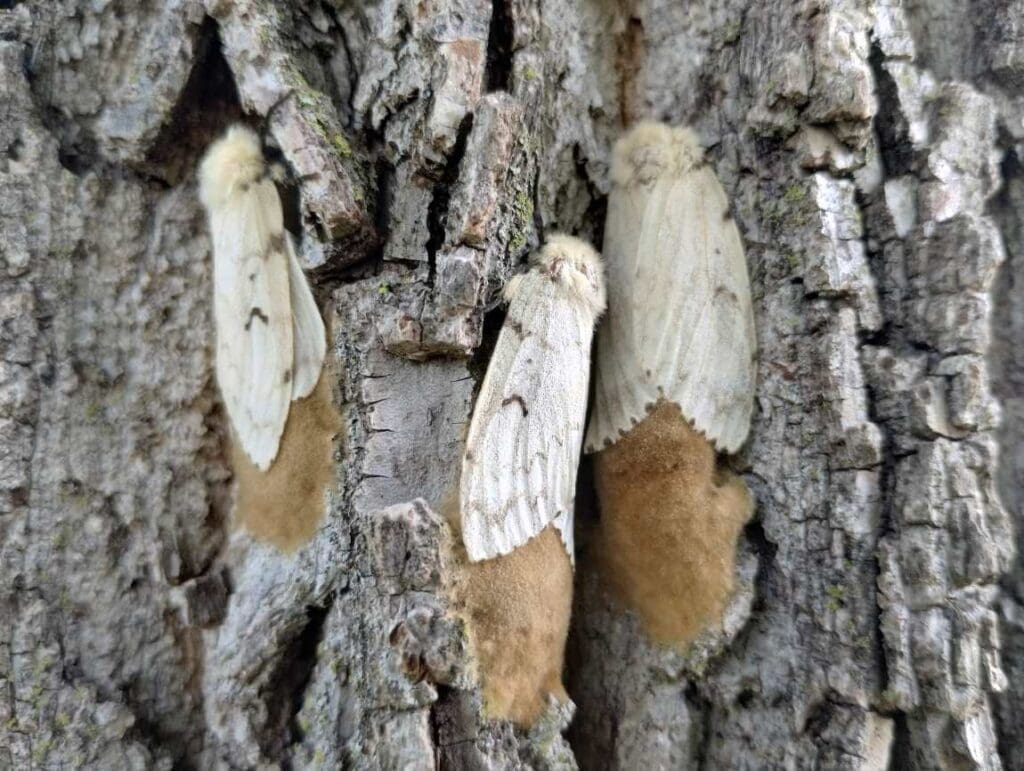Pope Francis welcomed Celeste Saulo, Secretary-General of the World Meteorological Organization (WMO), for an audience at the Vatican to discuss the urgency of addressing climate change and its inequitable impacts.
Their meeting highlighted the convergence of science and faith in fostering action against the escalating climate crisis.
“It’s very moving to be in front of such a great spiritual leader,” Saulo remarked following the meeting. She emphasized that Pope Francis shares the WMO’s concerns regarding climate change’s disproportionate effects on vulnerable communities. The discussion underscored the intersecting challenges of climate change and global inequalities.
Saulo’s visit to the Vatican came shortly after her participation in the UN Climate Change Conference, COP29, held in Baku, Azerbaijan. During the event, WMO warned that 2024 is on track to become the hottest year on record, with global temperatures temporarily breaching the critical 1.5°C threshold above pre-industrial levels.
Key climate indicators paint a dire picture: greenhouse gas levels continue to rise, sea level increases are accelerating, and unprecedented glacier retreat threatens ecosystems and long-term water security.
Moreover, extreme weather events – including devastating floods, prolonged droughts, and record-breaking heatwaves – are inflicting widespread loss of life and livelihoods worldwide.
“It’s about how we care together for those who are most vulnerable,” Saulo said, emphasizing the ethical and humanitarian dimensions of climate action. She noted that marginalized groups, including children, women, indigenous peoples, and migrants, bear the brunt of climate change impacts.
Regions such as Africa, Southeast Asia, Latin America, the Caribbean, and small island nations are particularly at risk due to rising sea levels and other climatic threats. “We need to help them to avoid the consequences of climate change,” Saulo urged.
A significant focus of WMO’s efforts is the UN Secretary-General’s Early Warnings For All initiative, aiming to provide life-saving early warning systems to every person by 2027. While progress has been made, UN Secretary-General António Guterres stressed at COP29 that intensified efforts are essential to meet this goal.
Saulo highlighted the potential for collaboration between science and faith in tackling the climate crisis. “Action should be informed by science, but moved by faith,” she told Vatican News, expressing hope for deeper cooperation between the WMO and the Holy See.
“We have a common agenda and can work together to protect people’s lives and livelihoods,” she added.
Pope Francis has been a consistent advocate for climate action. In October 2023, he issued Laudate Deum, an Apostolic Exhortation expanding on his 2015 encyclical Laudato Si’.
Reflecting on the years since the publication of his encyclical, the Pope wrote, “With the passage of time, I have realized that our responses have not been adequate, while the world in which we live is collapsing and may be nearing the breaking point.”
He further stressed that the consequences of climate change increasingly threaten lives and families worldwide.
As the global community looks ahead to COP30 in Brazil, Pope Francis’s evolving message on climate justice and ecological stewardship provides a powerful call to action. By bridging the domains of science and faith, leaders like Saulo and the Pope aim to galvanize collective efforts to address one of humanity’s greatest challenges.
Article Source:
Press Release/Material by World Meteorological Organization (WMO)
Featured image: Ms Celeste Saulo, Secretary-General of the World Meteorological Organisation meeting with Pope Francis on Friday. Credit: Courtesy of © Vatican Media




